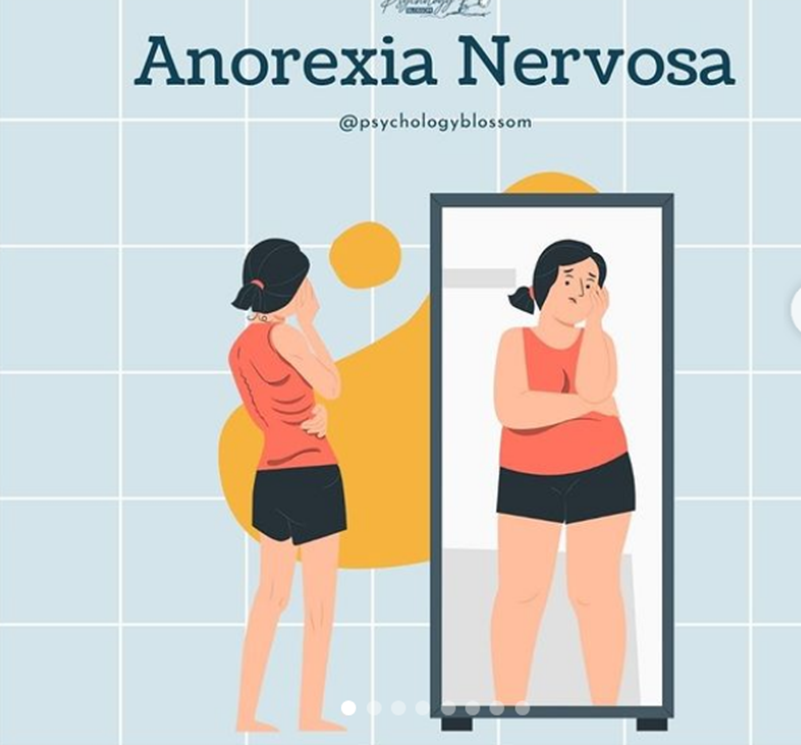The nurse is performing an assessment for a client brought in by a family member who states they think the client has dementia. When evaluating the assessment data, which finding indicates that the client may likely have delirium and not dementia?
The family member said the client started to forget people's names.
The confusion began suddenly after taking a newly prescribed antidepressant.
The client states they have been tired and sleeping a lot more than usual.
The family member states the client does not seem to enjoy previous activities.
The Correct Answer is B
Choice A reason: Forgetting people's names can be a symptom of both dementia and delirium, but it is more commonly associated with the progressive cognitive decline seen in dementia.
Choice B reason: Sudden onset of confusion after starting a new medication, such as an antidepressant, is indicative of delirium, which can be triggered by drug interactions or side effects.
Choice C reason: Increased tiredness and sleep could be associated with either condition but are not specific indicators that would distinguish delirium from dementia.
Choice D reason: A loss of interest in previously enjoyed activities is a symptom that can be seen in dementia as part of a gradual decline in engagement and is not specific to delirium.
Nursing Test Bank
Naxlex Comprehensive Predictor Exams
Related Questions
Correct Answer is D
Explanation
Choice A reason: This statement reflects a partial understanding of the control issues associated with anorexia but does not indicate a full understanding of the disorder's complexity or the family's role in recovery.
Choice B reason: This statement suggests a lack of understanding of anorexia nervosa, as it is not a phase but a serious mental health condition that requires professional treatment.
Choice C reason: While issues with sexual identity can be stressful, they are not typically the cause of anorexia nervosa, which is characterized by an intense fear of gaining weight and a distorted body image.
Choice D reason: Recognizing a codependent relationship and the enabling of unhealthy behaviors shows an understanding of the dynamics that can contribute to the maintenance of an eating disorder like anorexia nervosa.

Correct Answer is D
Explanation
Choice A reason: This statement suggests a misunderstanding of somatic symptom disorder. Avoiding stress entirely is not realistic or beneficial for overall health.
Choice B reason: This statement is incorrect because while stress can exacerbate pain, medication may still be helpful in managing symptoms of somatic symptom disorder.
Choice C reason: This statement does not recognize the chronic nature of somatic symptom disorder, where symptoms may not completely go away and management is ongoing.
Choice D reason: This statement shows an understanding that psychological factors can influence physical symptoms, which is key in managing somatic symptom disorder.
Whether you are a student looking to ace your exams or a practicing nurse seeking to enhance your expertise , our nursing education contents will empower you with the confidence and competence to make a difference in the lives of patients and become a respected leader in the healthcare field.
Visit Naxlex, invest in your future and unlock endless possibilities with our unparalleled nursing education contents today
Report Wrong Answer on the Current Question
Do you disagree with the answer? If yes, what is your expected answer? Explain.
Kindly be descriptive with the issue you are facing.
